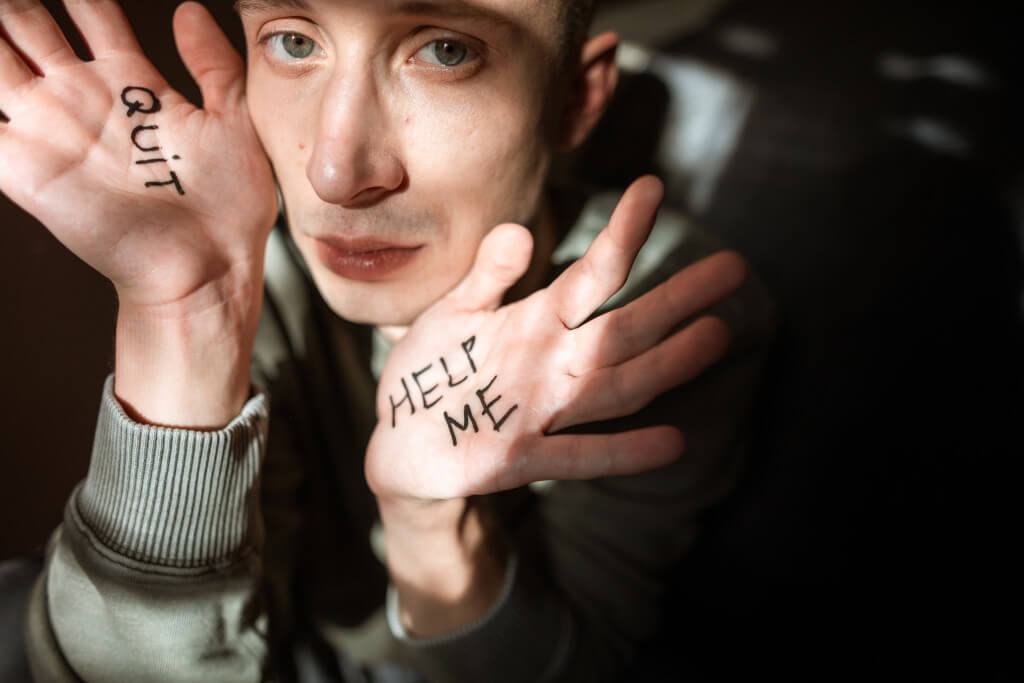Closure after a relationship ends is sought for various reasons. Can finding answers help us put the past behind us? Losing a loved one, whether via death or a split, can be a devastating experience. The closure is a necessary part of the healing process that might lessen the intensity of our emotional suffering.
How? The closure is an Important Part of the Healing Process, and This Blog Post Will Teach
you know what to do to achieve it. It will show you where to go for answers to find out what went wrong in your relationship and how to fix it. If you can’t embrace reality and let go of the grief, you won’t be able to go on.
What Role Does Closure Play?
As social organisms, humans are inherently inquisitive. As a species, we have a penchant for solving every mystery we encounter. When we aren’t able to find an explanation for something, it plagues us. Closure refers to the process of trying to make peace with something’s conclusion. It could be the end of a significant relationship or the loss of a loved one. If you’ve been holding yourself back because of negative emotions like anger, despair, bewilderment, guilt, or hurt, finding closure can help. While answers may not always alleviate our emotional suffering, they do provide us with a foundation from which to build.
One person’s heartbreak or grief may be another’s numbness or numbing. But we can’t deny that our thoughts will keep searching for clarification and explanations until they find them and we can finally come to terms with what happened.
Find Peace of Mind After a Breakup
You broke up with your significant other over a year ago, but you still haven’t moved on. Just as you were beginning to feel hopeful about the future, your ex went out on a date, and you were left feeling like your life had been turned upside down once again. You’ve wasted too much time on this. To what end do you refuse to let go? Find resolution!
Breakups can be emotionally devastating. It has the potential to break you down and make you mad. However, the process of “moving on” is the most difficult part. When you’ve been together for a long time and have many shared memories, it can be extremely challenging to get over a painful event. Getting answers to unanswered questions can help bring mental calm. It’s a conversation that will assist you to realise that the sad thing is over now. A definitive action means it’s safe to go on with your life.
If you still feel strongly about an ex, it could be because of lingering questions about your relationship. This may prevent you from progressing. You can find a resolution by investigating the sources of the lingering questions that have plagued you. Try to picture the heartbreak of your relationship’s breakup as a riddle to be solved. The overall puzzle isn’t complete and will continue to irritate you if some of the parts have vanished or don’t fit. The closure allows you to complete the puzzle with all of the necessary components. The mending process might begin after you convince your brain that the riddle is finally solved.
Looking for Closure after a Loss

Losing a loved one, whether they be a family member, friend, or spouse, is traumatic. Some would go so far as to suggest that getting over a breakup is considerably simpler than getting over the passing of a loved one. Closure after a failed relationship can be achieved through communication with the offending party. But you can never get one by requesting it from the dead. Closure following a death is a necessary first step in the mourning process. However, reaching closure can be difficult if the deceased was someone very special to you. Some suggestions for putting the pieces of your life back together after a loss:
Cry Your Eyes Out
Losing someone you care about is traumatic, so it’s important to give yourself permission to grieve and mourn. Regrettably, some people view tears as an indication of weakness and, so, try to hide their emotions. However, this may potentially halt the recovery process. The only way to get closure is to cry your eyes out and let go of all the negative feelings.
Do Some Kind of Respective Service
Gathering loved ones together to say farewell to someone who has passed can help everyone heal and move on. The service doesn’t have to be elaborate or lengthy, but it should be meaningful. Hearing a eulogy delivered in honour of a lost loved one is a powerful way to begin the healing process positively. Furthermore, the relatives of the deceased can receive solace and support in funeral and memorial services.
Get Some Help and Learn to Forgive Yourself
In the long run, you’ll benefit most from teaching yourself self-forgiveness. After the loss of a loved one, it is typical to experience feelings of remorse and self-blame. Some have referred to it as “survivor’s guilt.” This is a natural reaction throughout the mourning period. These emotions may not affect everyone, but they can make it impossible to function in daily life. Try to be gentle with yourself and realise that you had nothing to do with that person’s death. Your feelings will readjust once you go through the stages of sorrow.
Evaluate How You Feel About This
Get a notebook going and write down your grieving thoughts and feelings. It can assist you to work through your emotions and gain perspective. Keeping a journal can be a useful tool for working with difficult feelings that are holding you back. As opposed to denying your guilt, you can accept it and move on.
Book a Therapy Appointment
You can get support dealing with your grief by seeing a professional psychologist, therapist, or counsellor. The purpose of grief counselling is to provide you with the support you need while you go through your feelings of loss. Doing so can aid in moving on and providing closure. Speaking with a therapist can make us feel like we have somewhere safe to unload our pent-up feelings.
- Trauma care model: A detailed explanation of the trauma care model, a crucial element in addressing addiction and related disorders.
- Support: The Key to Recovery and Resilience – Explore the transformative power of support in building a strong foundation for recovery from trauma and addiction.
- Healing from Addiction and Childhood Trauma – Explore a holistic approach to addiction recovery that addresses the impact of childhood trauma.
To find out more about the combination of therapy and medication use, read more here.
